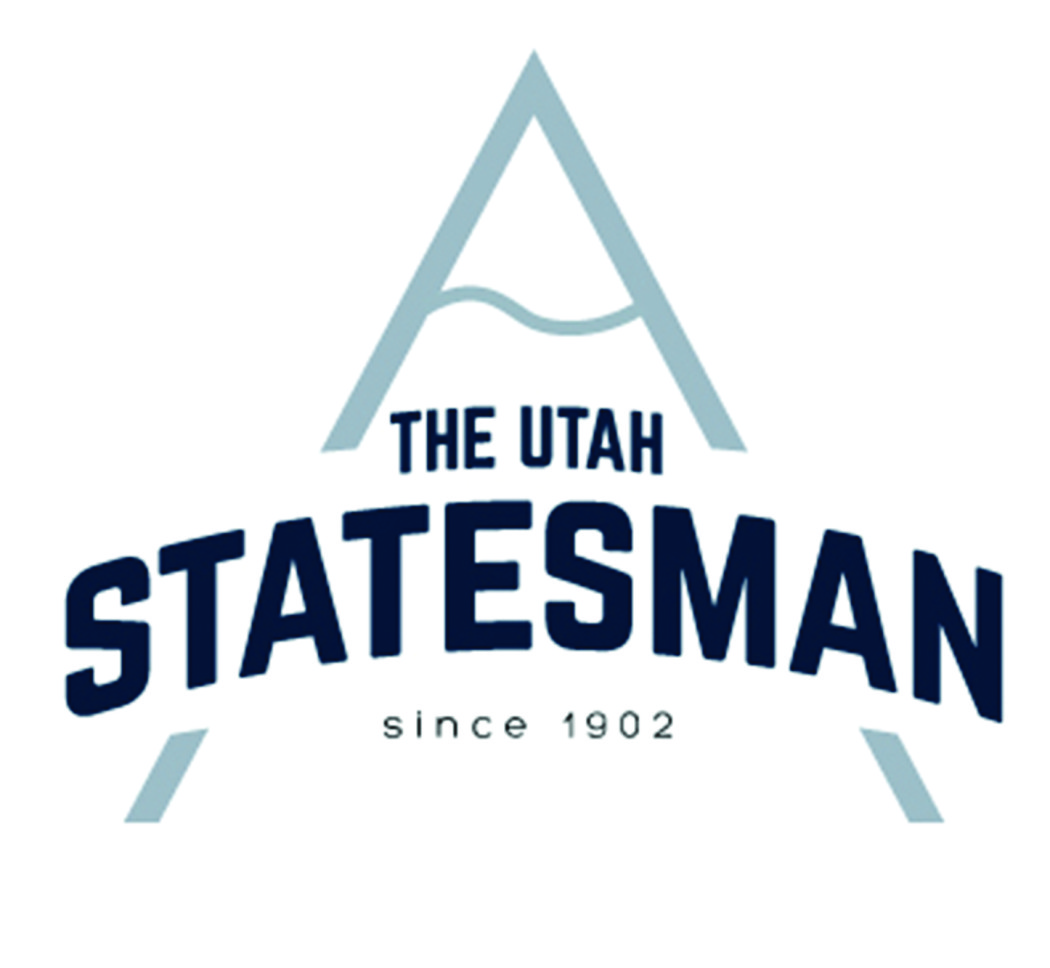The first class of USU Saudi pilots graduates
Abdulrahman Alnassar — Nassar for short — said as a little boy growing up in Saudi Arabia, he wanted to follow in his dad’s footsteps to be a pilot.
“My dad encouraged me to be a pilot,” he said. “Now he’s retiring soon.”
But Nassar ended up studying engineering in college because it was the cheaper, easier and more practical option.
“It’s cheaper to get a pilot license in the States,” he said. “But then Saudi Airlines announced a scholarship.”
The demand for commercial pilots spiked worldwide. To keep up with the demand, Saudi Airlines announced a scholarship that pays for students to get their pilot license in the United States. After that the individual graduates and returns to Saudi Arabia to finish up their training to receive a commercial pilot licence. Once they finish that training, they are hired as commercial airline pilot for that airline.
Nassar said he wanted the scholarship, but the competition was furious. But he persevered through numerous, rigorous tests all in the name of being a pilot. After he survived the meticulous vetting process, he discovered he won the scholarship.
“It was my happiest day when I found out I made it,” he said. “I still remember I was yelling and screaming in the room and being happy with my friends.”
He then moved halfway around the world to Logan, Utah, to speak another language, learn another culture, and get an aviation technology degree. Four years later, Nassar is now one of five Saudi Arabian students graduating in May.
Andreas Wesemann, assistant professor for the Aviation Technology program, said these student-pilots were hand-picked. They are the best of the best that Saudi Arabia had to offer. The Saudi students rose to the occasion, despite all of the challenges they faced, including studying aviation in another country.
“Not only are they on the other side of the world geographically, but they are essentially on the other side of the world culturally and with their language,” he said. “But they came a long way.”
Nassar said learning English was his biggest challenge, especially because aviation has its own vocabulary. To add to the confusion, much of the vocabulary is regional, so each airport he he encounters has a brand new learning curve associated with it.
“I took a lot of time to gain the aviation skills, like English,” he said. “It is a major complication we [Saudis] face.”
Sultan Jan is another graduating, soon-to-be pilot from Saudi Arabia. He said one of his biggest challenges was that he didn’t feel like Logan was home to him. On the other hand, Nassar said he came to call Logan home because it’s where everything he owns is.
“Everytime I go back, I feel like I’m missing something,” he said. “Maybe when I move my stuff back to Saudi Arabia, it’ll feel like home again.”
Much like Nassar, Sultan applied for the Saudi Airlines scholarship after he stopped being as practical about his life choices. He decided to not be a surgeon, but to be a pilot instead.
“Being a pilot is OK because I’ll still make money,” he said.
Sultan and Nassar both agree that flying for their first time was one of the most amazing moments in their lives. They had a running competition within their group of friends to see who could be the first person to fly a plane. Nassar won, but due to weather complications, he could only fly for about 20 minutes for his airplane voyage.
“The first time I flew, I had some sort of shock and I couldn’t comprehend that I was flying,” Nassar said. “I was looking outside to believe it. It was a very beautiful moment at the time.”
Sultan said when he finally flew, it was marvelous to fly among the clouds.
Since then, they’ve completed more than 300 hours of flight training each and they are both headed back to Saudi Arabia in May. Once they return, they will complete more training and take even more exams before they can become commercial pilots.
“Because of the scholarship with Saudi Airlines, you could say I’m hired to work for them,” Nassar said. “I still have to go to some sort of converting the license to the Saudi license.”
—morgan.pratt.robinson@gmail.com

